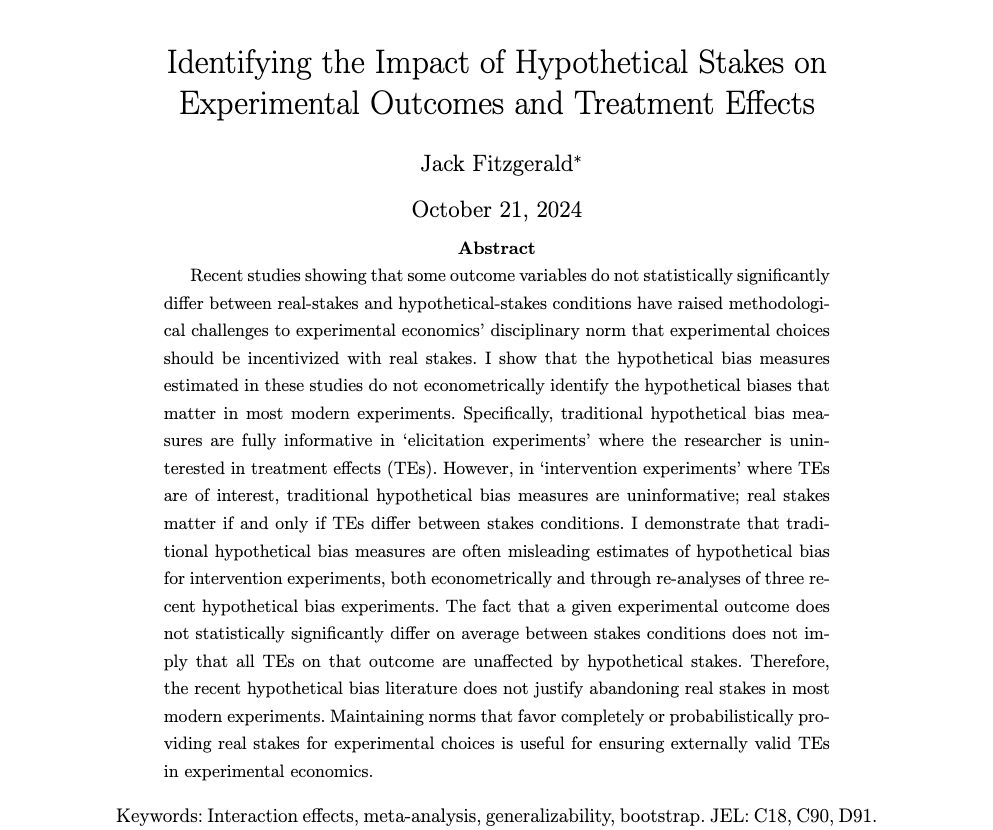#LINOecon #EconSky

#LINOecon #EconSky


osf.io/preprints/ps...

osf.io/preprints/ps...
jack-fitzgerald.shinyapps.io/shinyTST/

jack-fitzgerald.shinyapps.io/shinyTST/




osf.io/preprints/psyarxiv/8y925
#EconSky #PsychSky

osf.io/preprints/psyarxiv/8y925
#EconSky #PsychSky




🔗: jack-fitzgerald.github.io/files/The_Ne...

🔗: jack-fitzgerald.github.io/files/The_Ne...









#EconSky #PsychSky #PoliSky
🔗: papers.tinbergen.nl/24070.pdf

#EconSky #PsychSky #PoliSky
🔗: papers.tinbergen.nl/24070.pdf

